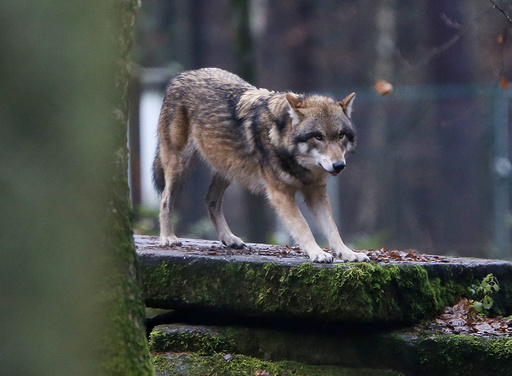
BRUSSELS — On Tuesday, European countries approved a significant easing of wolf protection measures, marking a win for farmers over environmental advocates. The European Union’s proposal was sanctioned by the 50 parties involved in the Bern Convention, which deals with wildlife and habitat protection. Starting March 2025, countries will have the ability to hunt wolves under certain conditions.
Farmers from various member nations have voiced growing frustration over livestock attacks by wolf packs that have flourished in areas adjacent to agricultural land. These incidents have prompted concern among rural communities about the safety of their farming operations. EU Commission President Ursula von der Leyen expressed her support for the new measures, emphasizing the importance of safeguarding the livelihoods of farmers and rural communities. Notably, she has a personal connection to the issue; two years ago, a wolf attacked and killed her pony.
Estimates suggest there may be as many as 19,000 wolves across Europe, with significant populations reported in Bulgaria, Greece, Italy, Poland, Romania, and Spain. Experts indicate that the wolf population has surged by approximately 25% over the last decade. Proponents of conservation, however, argue that the wolf does not pose a significant threat in most regions, highlighting its endangered status in several areas.
“The wolf is still endangered in many parts of Europe, and relaxing its protection only exacerbates conflict and jeopardizes its recovery,” stated Ilaria Di Silvestre, a regional director at the International Fund for Animal Welfare. The EU’s recent decision means wolves’ classification will shift from “strictly protected” to “protected,” enabling countries to implement additional measures to manage wolf populations near agricultural zones.
In recent years, EU environmental regulations have faced scrutiny, particularly from populist and far-right political factions, who argue these policies are dictated by urban elites detached from rural realities. Politicians from the center-right and far-right sides of the European Parliament applauded the new measures. “We needed to alleviate the burden on shepherds and farmers in mountainous regions where wolf numbers have become overwhelming,” remarked MEP Pietro Fiocchi, affiliated with the Brothers of Italy party.
In the Netherlands, recent warnings have been issued to parents about taking young children to a well-known forest near Utrecht, following reports of alarming encounters with a wolf exhibiting unusual behavior. Dutch MEP Bert-Jan Ruissen, representing the Christian Reformed Political Party and aligning with European Conservatives and Reformists, highlighted the concerns, noting, “There are children who no longer cycle to school because of the wolves. We could not sit idly by and watch this issue spiral out of control.”
